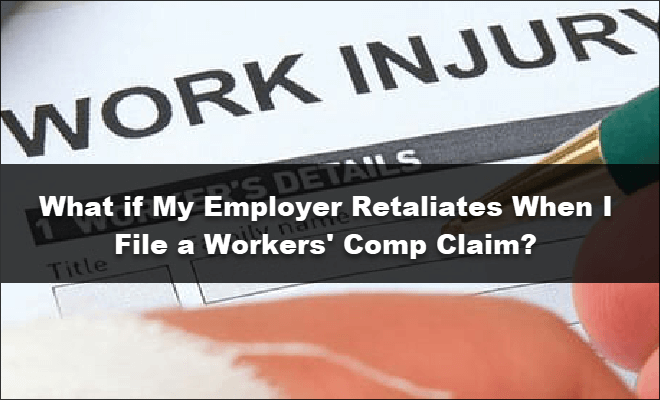No matter how much you plan your life in great detail, something will always come along to flip everything upside down. Maybe you’ll have to buy and/or sell a home. Maybe you’ll have to deal with a divorce. Maybe you’ll find yourself adopting children. Maybe you’ll encounter a loss that severely alters your will.
However, not every moment will be an event that requires one to alter their will. Since some have a hard time differentiating what alters a will and what won’t make a difference in their will, we’re going to explain what does and what doesn’t require an alteration to your will.

Divorce or Marriage
Let’s say that you sign property to a partner at the time of the will’s creation, then things don’t work out and you end up separating. In some states, a divorce will automatically cancel what would be given to your former legally bound partner. In this situation, it’s the alternate beneficiary in the will get the property. If no alternate beneficiary is named for the bequest, it is the residuary beneficiary who will get the property.
However, some states allow former legally bound partners to be entitled to take property as it was listed in the will – which only becomes more complicated in the event you remarry. It’s also worth mentioning that some states even go as far as applying these rules to domestic partners who are registered to you.
So in order to make things less complicated with your will, assume that your will needs to be updated in the event you divorce, marry, separate, consider separating, or dissolve/register a domestic partnership. In addition to this, make sure you’re well read on state laws and spousal shares. Statutory shares can be claimed of your property if your registered domestic parent or legal partner is left out of the will. You may have to consult with your divorce lawyer Barrington on how to handle the situation.
Losing/Gaining Property
In the event you’re leaving all of your property behind for a group or a single individual, you can leave your will alone. Since these individuals (or individual) will have your belongings after you pass, there’s no regard to what is left.
However, if you have specific properties to be given to certain individuals in your will, it would make sense to create a new will. For example: If you have a couch you would like to give to an individual after you pass but you no longer have it after you pass, the person is out of a couch. In many states, the individual who is out an item is not entitled to anything to compensate for the lost item. Other states note that if you wanted someone to have something, they have the right to receive something to compensate for the loss.
Although this might be how you want your will to pan out, it may disrupt how your property is given out after you pass. In the legal world, a failed bequest is an ademption. The individuals who do not get the property in question will usually use a different term that’s a bit more “earthy”.
Losing/Adding Grandchildren or Children
Every time a child is adopted or born into the family, the individual should be mentioned in the will and provided for according to how you’d like. If this isn’t done for the new family member, such a decision in the will might be challenged in court. They may claim that they were overlooked, and they are entitled to a large portion of your property.[adsense]
So in the event your child pass and leave children behind, the grandchildren should be mentioned in your will. As mentioned above, they may be able to take more after you pass if they are not mentioned.
Losing A Beneficiary
In the event you have a beneficiary who is up to receive significant amounts of property and they happen to pass before you do, it’s important that you create a new will. This is especially true in the event you only have one beneficiary and do not have an alternate – or in the event that the alternate beneficiary shouldn’t receive the property that the main beneficiary was going to inherit.
Losing the Executor
The executor for your state is the individual who is responsible for carrying out provisions. In the event that it is decided that they cannot perform the task (or they pass away before you do), a new will should be made so that a new executor can be named in charge.
Considering the information above, creating a will is significantly more complicated than it may seem at a glance. Thankfully, Dickson Legal is here to make sure your will stays up to date, all parties involved are satisfied, and be on hand to review your estate plan. Contact us today for further information on how we can help you with your will.



